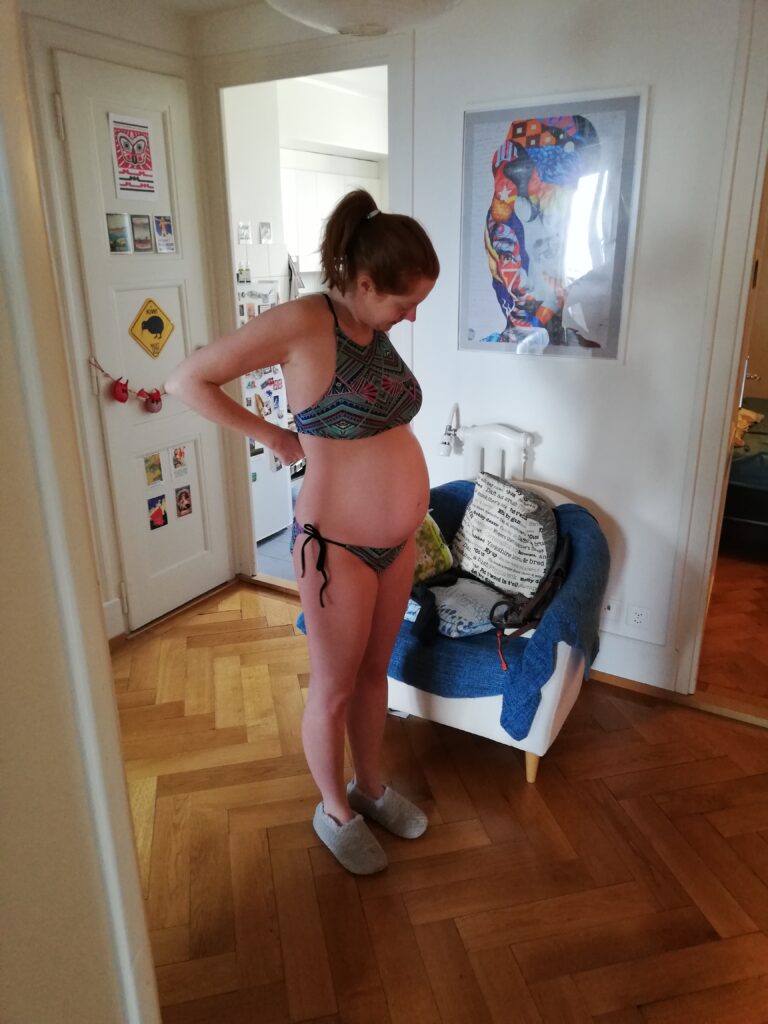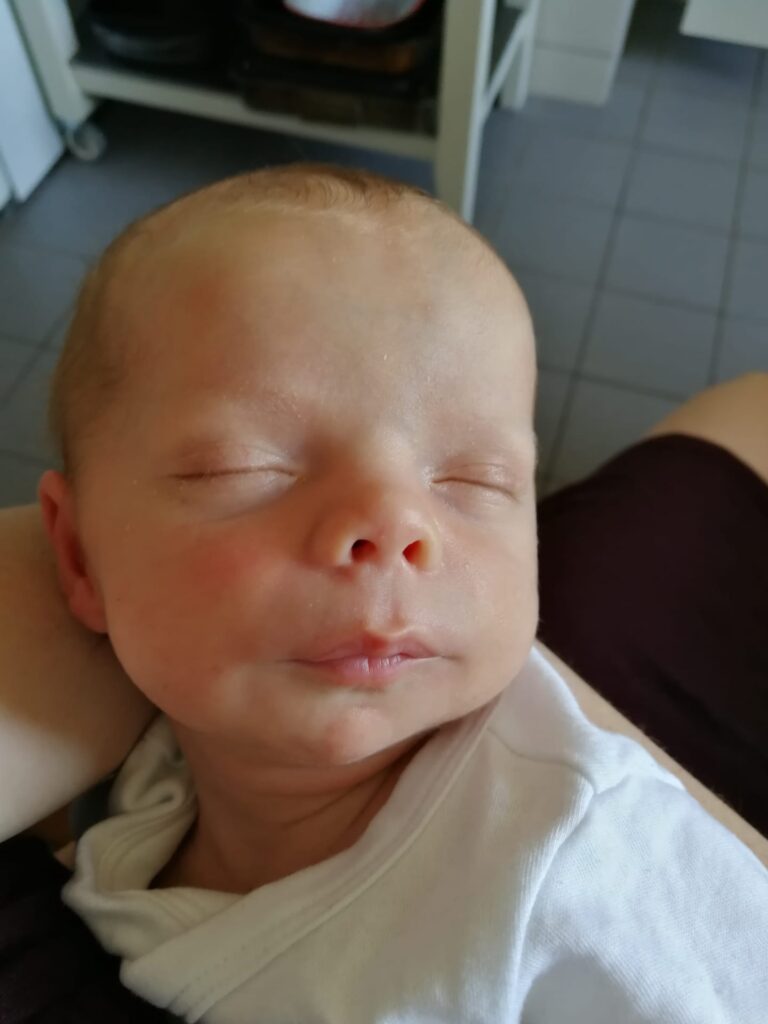“How did this happen?” we asked. The geneticist calmly explained how genetic mutations occur. “My wife keeps telling herself that she somehow caused his disabilities”, my husband said. The doctor looked me in the eye and said “no, you could not possibly have caused your son’s rare genetic syndrome”.
Hearing these words was like someone was smashing down the wall to a dam. Brick by brick I’d built this dam in my mind. I’d convinced myself from the moment my son was diagnosed with infantile spasms that I MUST have caused it. I came up with wild and ludicrous theories to explain what I thought I’d done to him. I can feel shame boiling under the surface as I write this because exposing these thoughts feels like taking off all your clothes and running around. It feels uncomfortable to say the least. But, I need to do it. I’m ready to share what happened to my mind and the dark places it went before we got my son’s official diagnosis. So, if you are ready to read about this, here are some of my theories of what I did to my child:

I’d swum too much during pregnancy and somehow damaged my baby.
I’d given him brain damage by jiggling him too much to help him fall asleep.
I had somehow damaged my eggs and caused the mutation.
I’d shaken my son in a fit of anger and then blacked it out (this one
continued to reappear even long after we received the all clear MRI
results).
Anyone looking from the outside in can clearly see that these are the irrational thoughts of an unwell mind.
These thoughts exploded when someone close to me suggested on several occasions that there are environmental factors in my life that caused my son’s epilepsy and likely genetic cause. Once these thoughts take hold, it’s very difficult to shake them. Like a tick they dig in and start sucking life from you. They become dangerous and infectious. The further away I get from this day I can see that this is a typical human reaction when there are no answers. We try desperately to join the dots when we are given so few. Our imaginations run wild trying to fill the gap in our knowledge. Think of how you react when you hear an unknown sound in your home. Burglar or monster? Is your partner running late? They must have been in a terrible accident. When our lives spiral out of control, we want facts, we want answers and we need to make sense of what is happening.
I needed to look the geneticist in the eyes and ask him if I could have caused it. When he calmly explained that genetic mutations usually occur during or shortly after conception, I could breathe again. We learned more about DeSanto-Shinawi Syndrome and it felt like all the pieces of the jigsaw were slamming into place. For over two years we had been wandering around in the dark holding pieces of a jigsaw that didn’t seem to fit together until finally it all made sense. All of it: the colic, missing milestones, terrible sleep, hypotonia, seizures. It all fit.
I drove home from that appointment feeling jangled and dazed. I wanted to know everything I could about this rare genetic syndrome. I wanted to see other children. I wanted to devour information. I was also afraid. If I knew everything, I couldn’t be in denial anymore. I stalled on a roundabout and I drove through a red light on my way home. I thought I was ok but clearly, I was not.

Every patient or parent who receives a diagnosis will never forget D Day (diagnosis day). It will be burned into our memories for forever. I wish I could say I never blamed myself again for causing my son’s disabilities but those thoughts are hard to let go of. I feel like I’m still waiting for someone to tell me what I did wrong but it does get easier every day. I found solace in reading about others’ experiences. As Heather Lanier says in her book Raising a Rare Girl:
“Disability was not something to find blame or, because disability was not a problem. Through the neutral lens of science, my kid’s chromosomal anomaly was a product of diversity, and who could be upset about that?”
She’s right. My son is a product of diversity, and who can be upset about that?
She continues “Perhaps disability was an integral part of life’s dance. Perhaps fragility was built into our very design. If the source of fragility was also the source of strength, then perhaps fragility was also strength.”
It’s hard to articulate how I felt during those dark moments but by putting my fragility and vulnerability out there, I feel stronger and I feel proud of myself and my family and how far we’ve come on this wild adventure.
